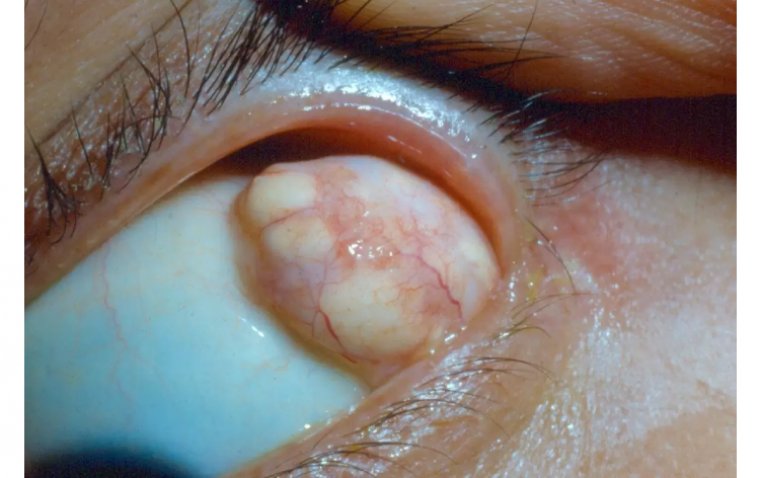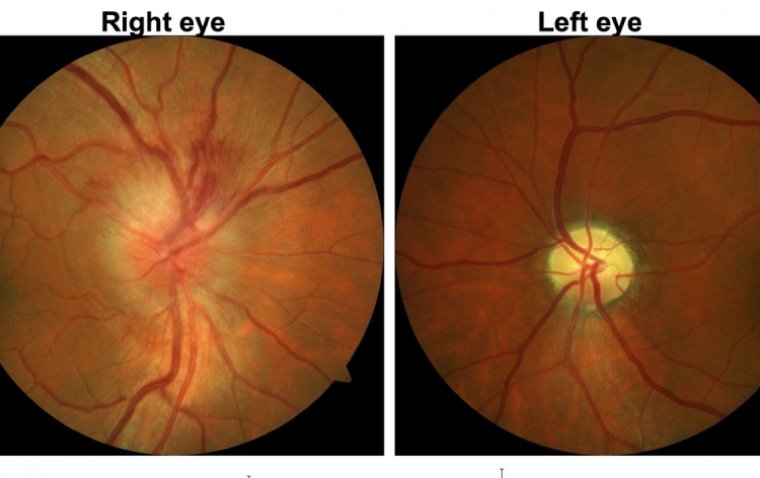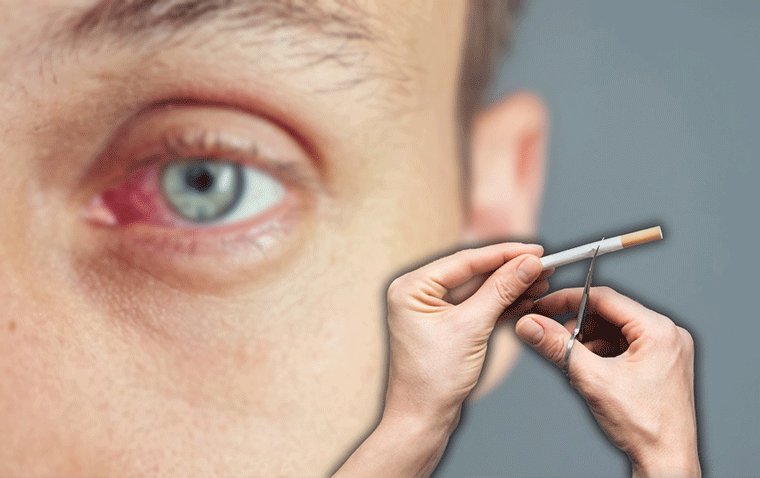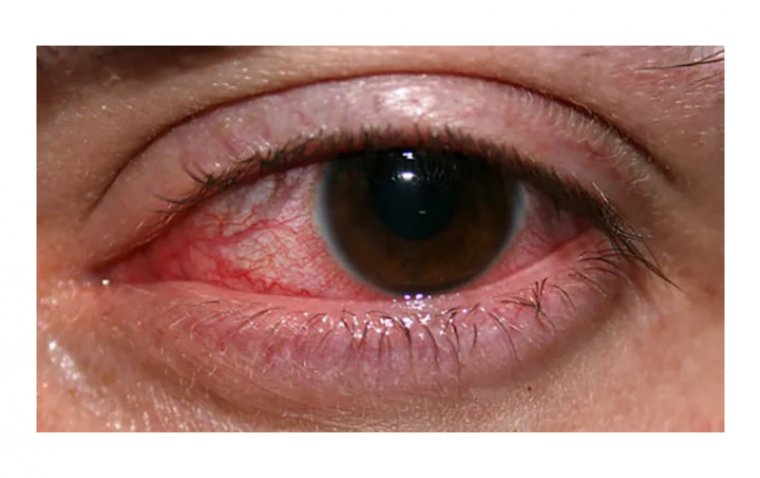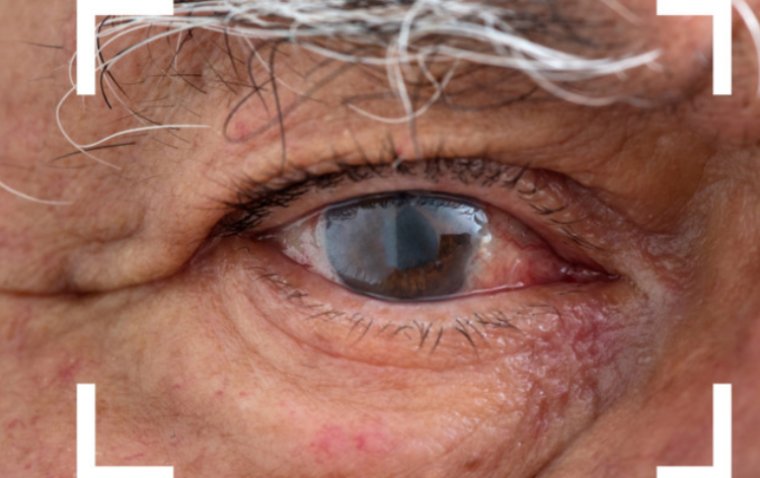
How to Manage Eye Irritation After Cataract Surgery: Tips and Effective Techniques
Experiencing eye irritation after cataract surgery is not uncommon. While cataract surgery is generally safe and effective, it's normal to experience some degree of discomfort in the postoperative phase.
There can be several causes of eye irritation following the procedure. These may include:
1. Dryness: The eyes may become dry after surgery due to temporary changes in tear production or composition. This dryness can cause a feeling of itchiness or burning.
2. Inflammation: Postoperative inflammation is part of the body's natural healing process. However, it can result in redness, swelling, and discomfort.
3. Foreign Body Sensation: The feeling of something in the eye is a common complaint after surgery. This can result from the healing corneal incision or temporary changes in the eye's surface.
4. Light Sensitivity: After cataract surgery, your eyes may be more sensitive to light, which can cause discomfort.
5. Infection: Though rare, infection is a serious complication that can cause severe eye irritation.
Postoperative Care and Precautions
Taking proper care of your eyes following cataract surgery can significantly minimize irritation and promote faster healing. Here are some steps to follow:
Use Prescribed Medication: Your doctor will prescribe eye drops to prevent infection and control inflammation after surgery. Be sure to use them as directed. If you experience severe pain or discomfort, contact your doctor.
Protect Your Eye: Wearing a protective eye shield, especially when sleeping, can help avoid accidental rubbing or pressure. During the day, consider wearing sunglasses to protect your eyes from dust, wind, and bright light.
Avoid Straining Your Eyes: Try to avoid activities that strain your eyes, like reading, watching television, or using electronic devices for prolonged periods.
Avoid Rubbing Your Eyes: Touching or rubbing your eyes can aggravate irritation and potentially cause complications.
Keep Your Eyes Clean: Avoid swimming or hot tubs to prevent exposure to bacteria. Try not to let soap or shampoo get into your eyes when bathing.
Attend Follow-up Appointments: Regular check-ups with your doctor can help monitor your recovery and address any complications early on.
Stay Hydrated and Maintain a Balanced Diet: Proper hydration and nutrition support overall health, including eye health.
Sleep Adequately: Good sleep promotes healing and reduces inflammation.
Recommended Eye Drops and Medications
Managing eye irritation after cataract surgery often involves the use of various eye drops and medications. Here are some commonly recommended ones:
● Antibiotic Eye Drops: These are typically prescribed to prevent bacterial infections post-surgery. They are usually used several times a day for a week or two following surgery.
● Steroid Eye Drops: These are anti-inflammatory eye drops that help reduce inflammation and swelling in your eye post-surgery. These are usually used for a few weeks following the procedure, but the duration may vary based on your healing progress.
● Nonsteroidal Anti-inflammatory Drugs (NSAIDs): NSAID eye drops may also be used to control inflammation and relieve pain.
● Artificial Tears: These over-the-counter eye drops can help alleviate dryness and provide relief from irritation. They can be used as needed, but it's essential to choose preservative-free versions to avoid further irritation.
● Cycloplegic Eye Drops: These may be used in some cases to relax the eye muscles, stabilize the iris, and relieve pain.
Tips for Soothing Eye Irritation at Home
While medical treatment is crucial in managing eye irritation after cataract surgery, there are also several measures you can take at home to soothe your eyes and promote healing. Here are some tips to consider:
1. Cold Compress: Applying a cold compress gently to your closed eyelids several times a day can help alleviate irritation and swelling. Ensure the compress is clean and avoid applying direct pressure to the eye.
2. Adequate Rest: Resting your eyes as much as possible will help expedite the healing process. Try to avoid activities that strain your eyes, such as reading, watching TV, or using computers for extended periods.
3. Hydration: Keep your body hydrated, which in turn helps keep your eyes moisturized. This can alleviate symptoms of dryness and irritation.
4. Avoid Rubbing Your Eyes: Touching or rubbing your eyes can exacerbate irritation and potentially introduce bacteria, leading to infection. If your eye itches, using artificial tears can provide relief.
5. Sunglasses: Protect your eyes from harsh light and UV rays, which can increase eye irritation. Wear sunglasses when you're outdoors or in brightly lit environments.
6. Cleanliness: Keep your surroundings and your hands clean. This reduces the risk of infection.
Importance of Follow-up Visits and Communication with Ophthalmologists
Regular follow-up visits and open communication with your ophthalmologist are crucial for ensuring optimal recovery after cataract surgery. These visits are an opportunity to closely monitor your healing progress and adjust your treatment plan as necessary.
During these appointments, your ophthalmologist will evaluate your vision, inspect your eye for signs of complications, and assess your response to prescribed medications. Any changes in your condition, such as persistent irritation, increased discomfort, or vision changes, are important to communicate to your doctor.
Additionally, maintaining open communication with your ophthalmologist allows you to ask questions and express any concerns you may have. This dialogue helps to create a tailored and effective treatment plan, and aids in alleviating any anxiety you might have regarding your recovery.
Preventing Complications and Knowing When to Seek Medical Attention
While postoperative eye irritation after cataract surgery is typically normal and manageable, it's important to prevent complications and know when it's time to seek immediate medical attention. Here are a few guidelines:
1. Recognizing Signs of Complications: Most patients experience mild discomfort, itching, and minor swelling after cataract surgery, which should improve over time. However, you should keep a close eye on potential signs of complications. These include persistent or severe eye pain, increasing redness, significant vision changes, or discharge from the eye. Also, be aware of flashes of light or a sudden increase in floaters in your vision, as these could signal serious issues.
2. Proactive Prevention: Taking proper care of your eyes after surgery can help prevent complications. This involves adhering strictly to your prescribed medication regimen, avoiding rubbing or pressing on your eye, and steering clear of activities that could strain your eyes or expose them to dust and germs.
3. Immediate Medical Attention: If you notice any of the aforementioned signs of complications or if your symptoms significantly worsen, it's essential to seek immediate medical attention. It’s also important to contact your doctor if your eye irritation does not improve or if it worsens despite using prescribed eye drops and following postoperative care instructions.
Summary
In conclusion, managing eye irritation after cataract surgery is crucial for a successful recovery and optimal vision restoration. While some degree of discomfort and irritation is expected post-surgery, understanding its causes and implementing effective management strategies can significantly improve your comfort and recovery journey.
The importance of proper postoperative care, including adhering to prescribed medications, practicing soothing techniques, and maintaining regular follow-up appointments with your ophthalmologist, cannot be overstated.
Additionally, it's essential to recognize signs of potential complications and know when to seek immediate medical attention. Your proactive involvement in your recovery process, coupled with professional medical advice, can make a world of difference.
Remember that every patient's recovery journey is unique, and the tips provided here should serve as a guide to aid your personal recovery plan. Always consult with your eye care professional for personalized advice tailored to your specific circumstances. With proper care and management, you can look forward to a smoother recovery and clearer vision following your cataract surgery.
(1).jpg)

